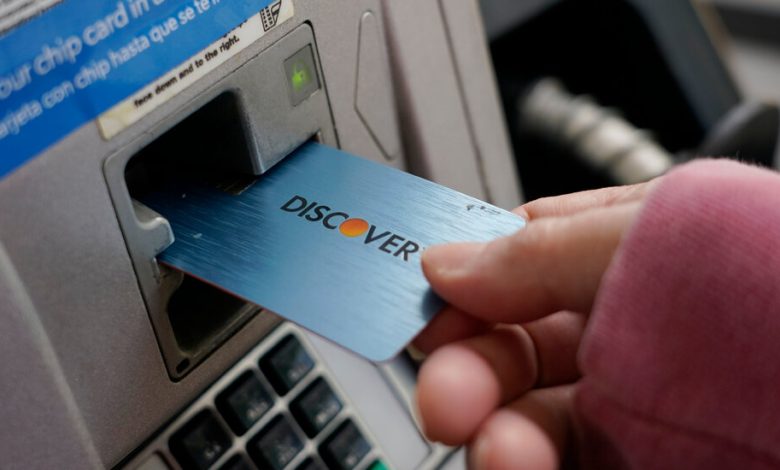Unpacking the Washington Math for a Big Payment Deal


Capital One’s $35.3 billion bid for Discover is a bet that the movement to go cashless will continue to grow.Credit…Rogelio V. Solis/Associated Press
Challenges, and opportunities, for a financial megadeal
Capital One’s $35.3 billion takeover to buy Discover Financial Services will create a colossus in the fast-growing credit card industry and a more powerful force in the payment networks that underpin the consumer economy.
That will almost surely invite tough scrutiny from a Washington that is increasingly skeptical of big financial mergers. But continuing scrutiny of the two biggest payment networks in the U.S., Visa and Mastercard, may complicate the regulatory math.
The deal: Capital One agreed to pay 1.0192 of its shares for each share of Discover, a roughly 26 percent premium to Friday’s trading prices. Discover’s shares were up more than 13 percent in premarket trading on Tuesday.
If completed, the transaction would become a giant among credit card lenders, with Bloomberg estimating that the combined company would outstrip JPMorgan Chase and Citigroup in U.S. card loan volume. (That could ratchet up examinations over shrinking competition, and what that means for consumers.)
Perhaps more important is the potential supercharging of Discover’s payment network, which has long lagged Visa, Mastercard and American Express. The Wall Street Journal reported that Capital One plans to switch some of its credit cards to the Discover network.
The contrarian argument: This is good for Visa and Mastercard. The longtime giants of the payment network business have long been criticized for their fees, with Visa being investigated by the Justice Department. Monday’s deal could give them the opportunity to argue that they would face a newer, bigger competitor.
